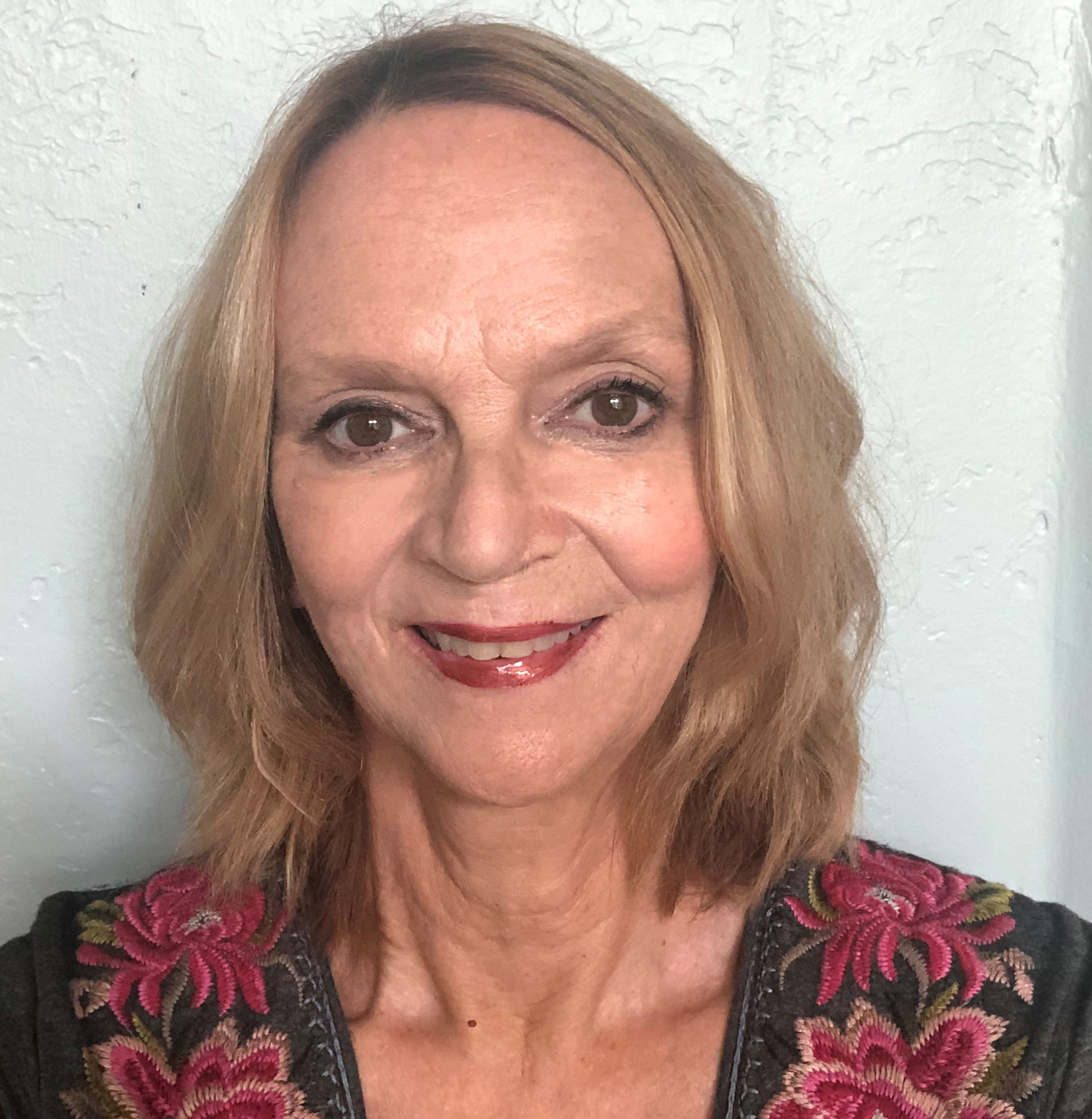Written by: Roman Petrowski, Office of Communications
Celebrating Women in Medicine Month: Nancy Donachie, MD ’79
 Change is inevitable. As Robert Burns’ poem “To a Mouse,” suggests, “The best-laid schemes o’ mice an’ men often go awry.” Whether for better, or for worse, or even as a blessing in disguise, how a person responds to those changes can determine success in life.
Change is inevitable. As Robert Burns’ poem “To a Mouse,” suggests, “The best-laid schemes o’ mice an’ men often go awry.” Whether for better, or for worse, or even as a blessing in disguise, how a person responds to those changes can determine success in life.
Nancy Donachie, MD, has known she wanted to be a physician her entire life. A graduate of the McGovern Medical School, her 1979 class dealt with an ever-changing and growing campus.
“I will always be grateful to the medical school,” Donachie said. “It gave me an opportunity to do everything I ever wanted in life. It’s been exciting to watch it grow from its early years into such a well-recognized school that has produced so many fine physicians.”
She completed her training at McGovern finishing as chief resident in Psychiatry and eventually serving as an attending faculty in the adult inpatient service.
Following her time at McGovern, Donachie moved on to establish her own group practice, Bent Tree Psychiatric Associates, in Dallas, where her career blossomed. She held leadership roles such as the chief of staff at Richardson Regional Medical Center and the Texas Health Resources Plano, as well as the title of medical director of the Seay Center for child and adolescent psychiatry.
Donachie continued living her dream as a physician and advancing her career path until 2016, when she was diagnosed with breast cancer, at the age of 62. Her diagnosis meant not only transitioning from a doctor to a patient, but she had to change her role in her practice as well.
“I much preferred being in the helper role than the one needing help,” Donachie said. “I don’t think physicians make good patients, but I am certainly grateful to the people that took good care of me. When I was diagnosed with breast cancer, I had to go into chemotherapy immediately, and that forced me to make changes at my practice pretty quickly.”
Donachie pivoted to a full-time administrative role as chief medical officer. True to her resilient spirit, Donachie tackled not only cancer treatment, but a late-stage change in her career path, head on.
“I miss the direct clinical work a great deal,” Donachie said. “At my age, after being out of it a couple of years, I just felt that this was the most suitable for me. And on the plus side, I now supervise a number of physicians, and I have a lot of opportunity to impact the way we deliver behavioral health care.”
The change in role certainly did not provide any extra downtime for Donachie. Now instead of seeing patients all day, she expands her role to fill the need of each day. Donachie spends her days visiting each of the psychiatric clinics she oversees, developing clinical protocols and projects, and helping to mentor young physicians who may be seeking leadership roles.
“I spend time every week with some of my clinicians to give them a role in the development of clinical processes,” Donachie said. “I work directly with them to help develop leadership skills and an understanding about how to manage performance improvement projects and the financial aspects of practice management in hopes that when my days are over, I will have people ready to roll.”
In her current leadership role, Donachie has the ability to do everything in her power to continue to advocate for equality for women in health care. As someone who was once asked in medical school interviews how her boyfriend would feel about her becoming a doctor, or how she planned to balance her duties as a mother and a wife while being a doctor, she’s able to make sure women are given the opportunity to succeed in conjunction with a family, instead of despite them.
“Women now represent over half of the people in medical school,” Donachie said. “That will continue to allow opportunities for women to go into leadership, but I think it’s important to understand that sometimes their careers will be in phases.
“It wasn’t easy during my years of raising four children and trying to work. That was a significant stress, because I always felt that pressure that you used to be told that a position shouldn’t be given to a woman who might not work her whole career. Sometimes their careers will be in phases, because they’re raising kids and doing other things, but they can always come back later in life and make a great contribution.”
Donachie set out to become a physician at an early age. While she accomplished her goal, it wasn’t without changes and bumps in the road. With more than 30 years of clinical work, including the creation of her own practice, a transition to administrative duties, and a successful battle with breast cancer, it would be easy for her to walk away. For Donachie, however, it’s still about responding to changes and growing as a person.
“I’m in the middle of building a fast-growing company,” Donachie said. “I’m just getting ready to open a 12,000-square foot clinic by the end of the year, and I have some research affiliations we’re doing with a couple of schools and other companies. I’ve also started to paint, and I’ve taken lessons once a week through the last five years. I have so many irons in the fire right now, I just can’t imagine quitting.”